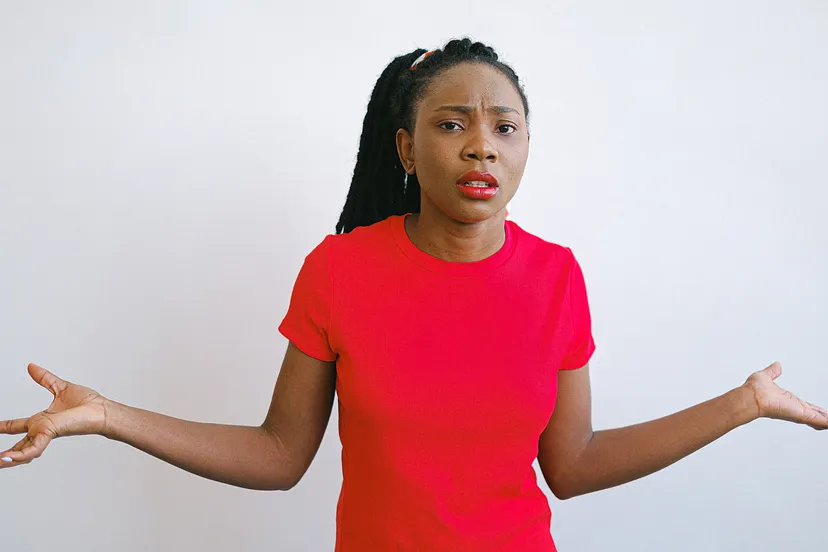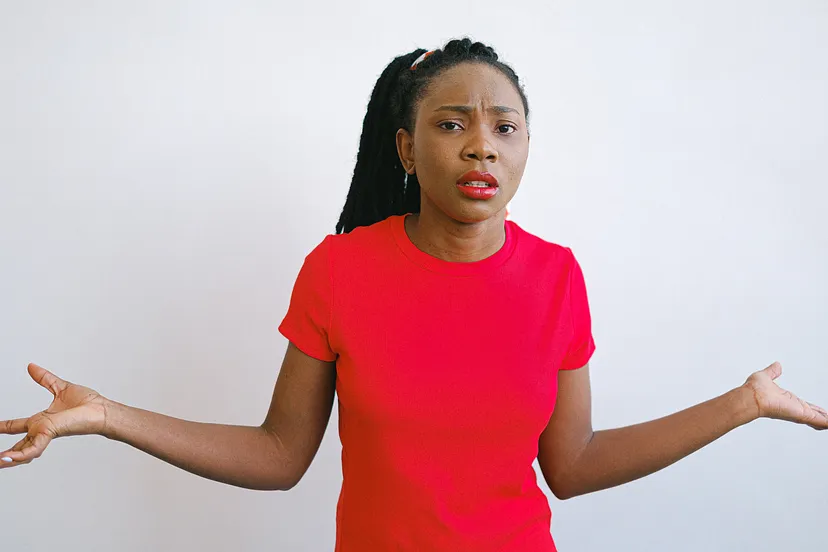
Image via pexels
Once upon a time, the startup industry was filled with venture capitalists searching for unicorns. It was said that over 1000+ companies with billion-dollar valuations existed. Founders and investors searched far and wide for ideas they could turn into these magical creatures.
Then the economy turned. Investors became more conservative. And maybe the whole industry got more pragmatic about the sheer amount of monetary promise an unactualized business idea retained. As a result of any or all of the above, startups’ valuations have decreased considerably in the last few years. And given current market circumstances and investor attitudes, unicorns might be disappearing.
“It’s not just about whether they’ll still command ‘unicorn status,’ says Harley Miller, founder and managing partner at Left Lane Capital. “…but rather whether or not they will be fundable, at any value, period.”
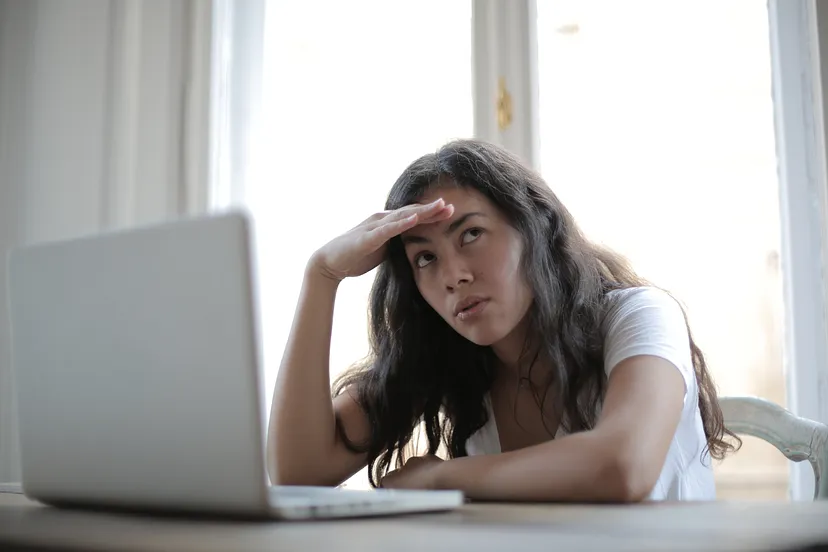
Image via pexels
According to the CB Unicorn Index, before this down spell, most unicorn companies were hovering around the 1 million dollar mark anyway. In other words, they weren’t true unicorns to begin with. That said, as of July 2023, 641 unicorns were born and bred globally in the United States.
Yet for Black and Latina women, unicorn status has always been far-reached. According to digitalundivided’s 2022 Project Diane report, only nine Latina and Black women have ever reached Unicorn status. Only 350 startups owned by Latina and Black women have ever raised over 1 million dollars from venture capital (for perspective, 750 companies on Kickstarter have raised over $1 million).
Despite the lack of venture capital investment, Black women and Latina entrepreneurs continue to be the fastest-growing business owners in the United States. With their businesses generating revenues of $190.9 billion and employing seven million people, this demographic of entrepreneurs is a group venture capitalists cannot (literally) afford to be blind to.
Read on to discover some Latina and Black women unicorns helping to lead these monumental economic milestones and trailblaze a path for other unicorns to follow.
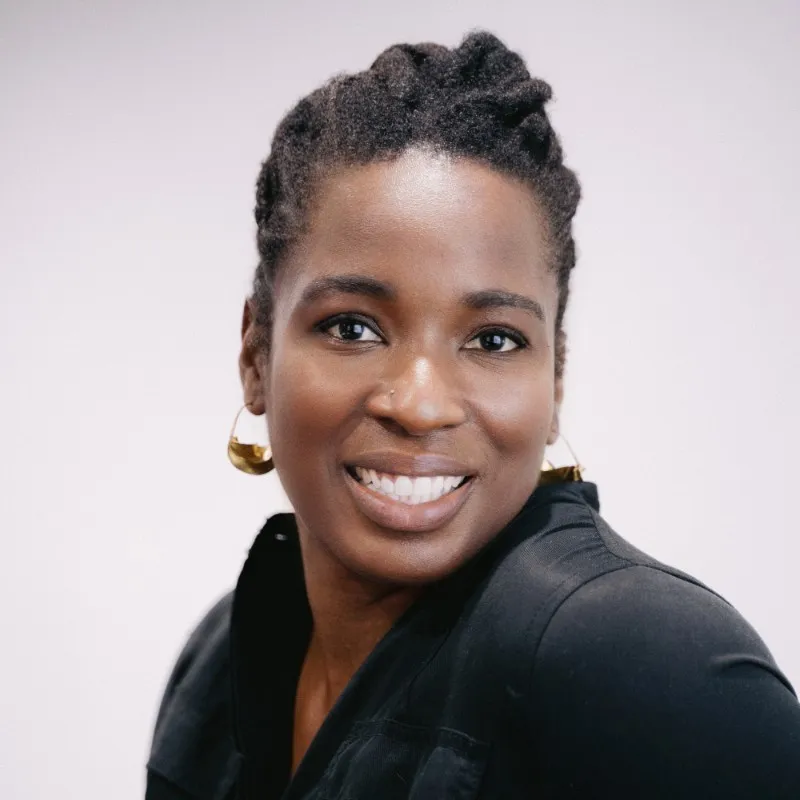
Image via LinkedIn
Toyin Ajayi, Cityblock Health
“Do I believe that healthcare is a right that should be available to all people, irrespective of their ability to pay, and then it should be distributed equitably? Yes. 100%. And there are many ways of achieving that,” says Dr. Toyin Ajayi, the CEO of Cityblock Health — a health-tech company providing affordable, human-centered healthcare in lower-income and marginalized communities while building sustainable business models.
Cityblock works on a systems level with many patients from marginalized backgrounds. By giving those individuals access to medical, mental, and social care — whenever and wherever — Cityblock addresses the gaps in affordability, access, cultural sensitivity, economic realities, knowledge-based discrepancies, and other factors that limit the adequate and accurate care that might prevent individuals from needing medical service.
“It’s unacceptable in 2022 that we’re looking at the same data that we were looking at 15 years ago about healthcare disparities, healthcare outcomes, all exacerbated by COVID,” Dr. Toyin Ajayi says. “Everyone’s like, ‘Oh my god, Black and brown people are dying more from COVID. Oh my god, poor people are dying more from COVID. Oh my god, essential workers who don’t have health insurance.’ We knew this stuff. Give me a break. So, yes, I would have designed it differently, and I’m also not content to bitch and moan about it. We’ve got to do something.
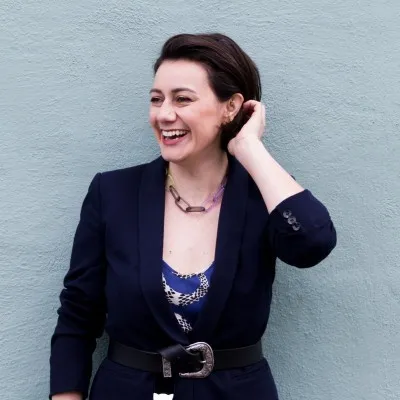
Image via LinkedIn
Shadiah Sigala, Honeybook
In 2022, 5 million new businesses launched. Small business owners and early-stage startup owners know just how many hats — and priorities — they have to juggle. That’s where Honeybook comes in. Honeybook is the leading client flow platform that enables independent businesses to book clients, manage projects, and get paid all in one place.
Shadiah Sigala is the co-founder of the $2 billion company. The daughter of a Mexican mother who immigrated to the United States when she was seven, Sigala knew she wanted to be the most educated person possible.
After graduating from Harvard, Sigala set off to her first job, where she made an income of $80,000 — a salary that felt untouchable for most of her family members. After realizing the corporate life didn’t suit her, Sigala moved into entrepreneurship, finding a balance that fits her go-getter personality.
If an opportunity “feels like it’s above your pay grade, that is exactly how a stellar career is made,” she says.
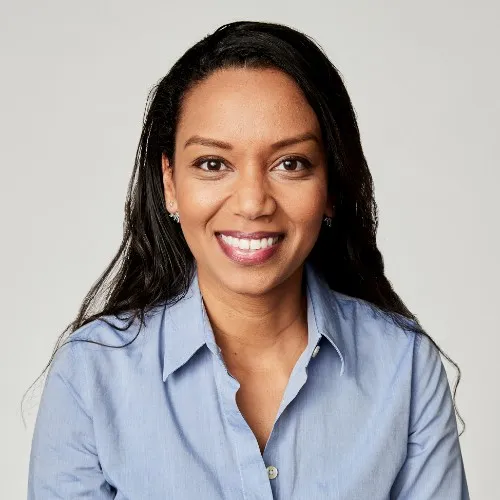
Image via LinkedIn
Dr. Iman Abuzeid, Incredible Health
94% of health system executives describe nurse shortage as critical.
Incredible Health is the answer to this shortage, serving as the LinkedIn for nurses. Incredible Health supports the medical industry through its data-driven algorithms by placing nurses into the medical system in three weeks.
Dr. Iman Abuzeid is an immigrant whose Sudanese father was a surgeon in Saudi Arabia. She raised a $80 million Series B round, giving her company a valuation of $1.65 billion and making her one of the wealthiest women in America.
Abuzeid and her cofounder Iman Abuzeid, are also passionate about using Incredible Health to build more diverse teams in the medical field, a component of the medical system they believe will be lifesaving.

